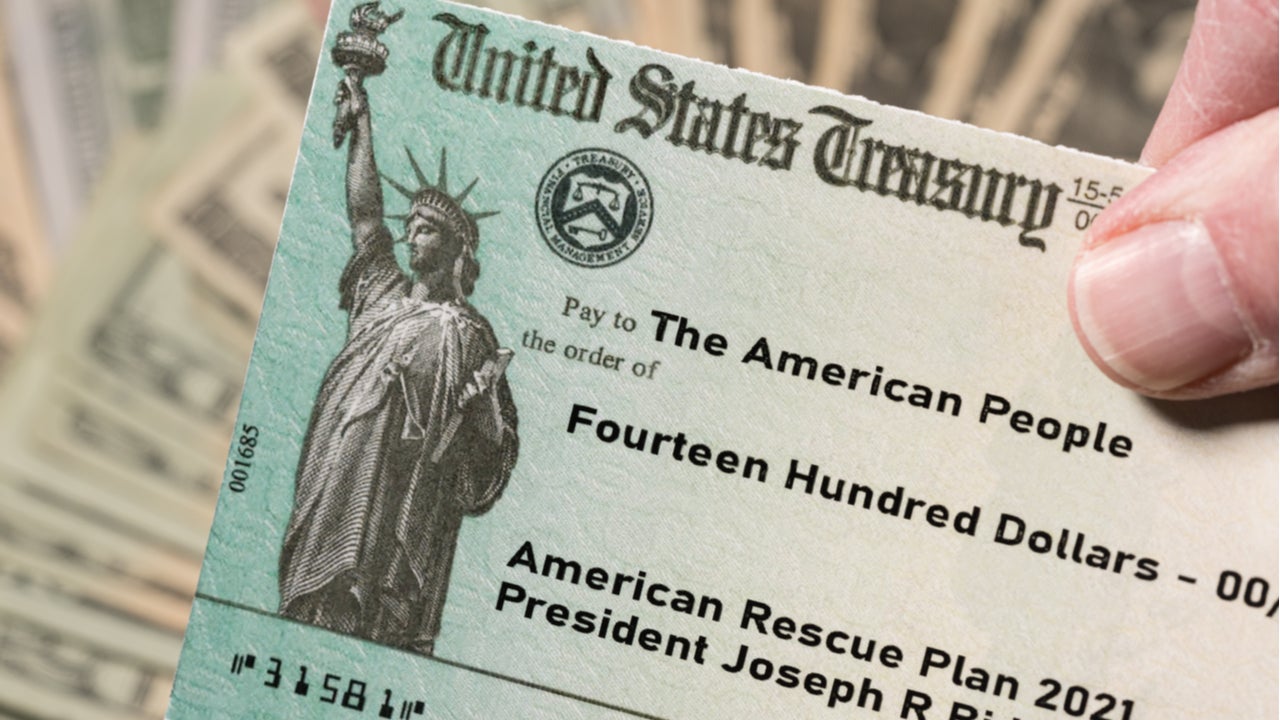
Economists believe that the $1.9tn stimulus bill passed by the US Congress will enable the state and local governments to repair the damage caused by the Covid-19 pandemic, and also address the existing inadequacies caused by decades of disinvestment in public services.
Stephanie Kelton
Stephanie Kelton, economist and professor of Public Policy and Economics at Stony Brook University American, retweeted an article by the Economic Policy Institute on the recently passed Covid-19 stimulus bill paving the way to recovery for the US. About $350bn of the stimulus bill will support the state and local governments to compensate their revenue losses, restore budget cuts and adjust better to the escalated fiscal demands due to the pandemic.

Discover B2B Marketing That Performs
Combine business intelligence and editorial excellence to reach engaged professionals across 36 leading media platforms.
The loss of jobs in the state and local public-sector during the Covid-19 pandemic was unprecedented. More than 1.5 million people lost their jobs to the pandemic within the first four months, especially in the education sector, which is still approximately 7% lower than that was in February 2020.
The reopening of schools now calls for more staffing with additional counsellors and mental health professionals to help students and employees adapt to the requirements of the pandemic. Public agencies will also require additional support to help people with jobs, adequate food, rent and mortgage payments, and business reopening.
The pandemic has increased the role of public services to get back the economy on track. The stimulus bill will allow state and local governments to respond to continued public needs over the next few years and to invest in critical public infrastructure.
The American Rescue Plan's aid to state and local governments will critically help many localities fill in for revenue losses, stem budget cuts, and respond to massively increased fiscal demands caused by the pandemic. https://t.co/011mMajwNX
 GlobalData Strategic Intelligence
GlobalData Strategic IntelligenceUS Tariffs are shifting - will you react or anticipate?
Don’t let policy changes catch you off guard. Stay proactive with real-time data and expert analysis.
By GlobalData— Economic Policy Institute (@EconomicPolicy) March 15, 2021
Joel Wood
Joel Wood, an associate professor at the Thompson Rivers University, retweeted an article by Tammy Schirle, professor of economics at Canada’s Wilfrid Laurier University, on the Covid-19 efforts emergency relief measures being undertaken, the future of work, and how the pandemic has disproportionately impacted young women.
In her opinion, women, young people, and low-wage workers were directly impacted because the coronavirus pandemic hurt the service sector the most. She stated that it is a constant thought process on how to uplift young women, who are now reeling under long-term joblessness due to the pandemic. She added that these women can be trained and provided with better opportunities, careers, and industries in the future to sustain.
Schirle also identified that many students would have been looking for service sector work in April to fill their summers and none was available. In addition, towards the end of summer, it was realised that the pandemic would last longer than the initial emergency benefits were rolled out for. Therefore, the next move was to continue to support people.
A year into the #COVID19 pandemic, we asked @Laurier labour economist @tammyschirle to reflect on emergency relief efforts, the future of work and how young women are being disproportionately impacted: https://t.co/8TcrcX7LuF#economicoutlook #unemployment #univresearch pic.twitter.com/jagKdg27O1
— Laurier Research (@LaurierResearch) March 15, 2021
Mohamed A El-Erian
Mohamed A El-Erian, president of Queens’ College, Cambridge and chief economic adviser at Allianz, retweeted an article highlighting that despite the shock being not as great as expected for the US economy, not everyone has been recovering equally.
The gross domestic product collapsed in the second quarter of 2020, contracting 31%; unemployment shot up to more than 14%; and retail sales fell sharply by 15%, despite a massive shift from physical to online consumption.
Despite such adversities in the US and global economies, exceptional macroeconomic policy response, curbing of Covid-19 infection spread, and active response from the private sector and entrepreneurs during the pandemic helped global manufacturing activities to bounce back, stopping the contraction of the goods trade to just 6%.
https://twitter.com/elerianm/status/1371505203032293378



